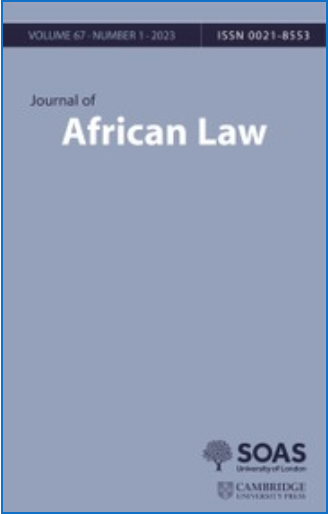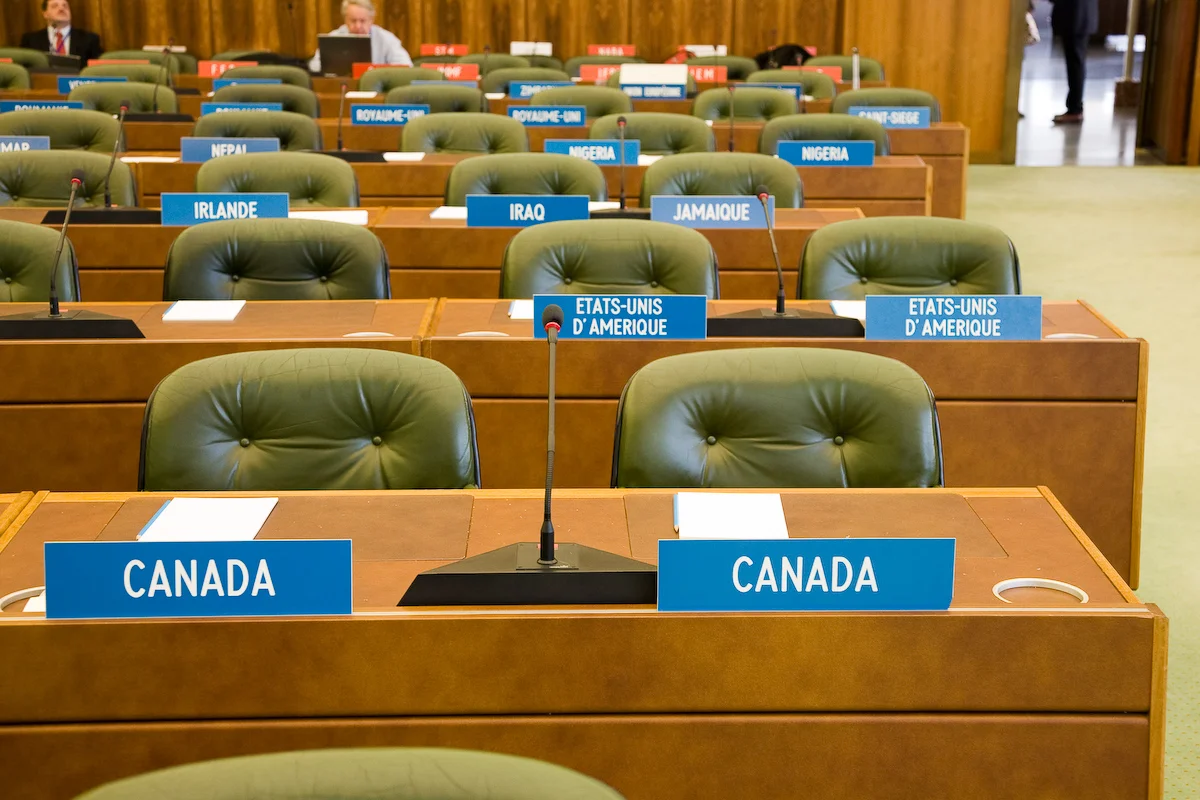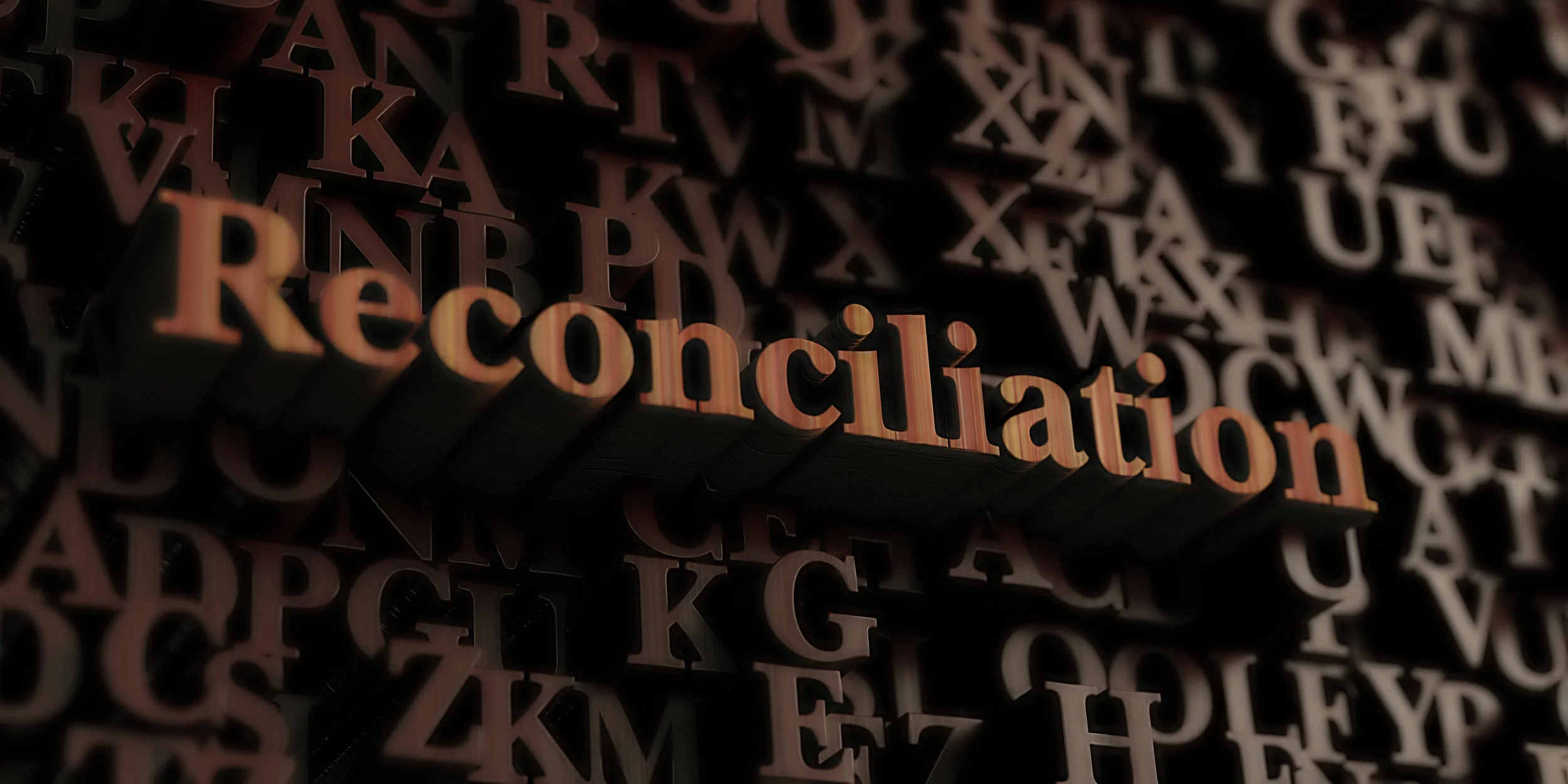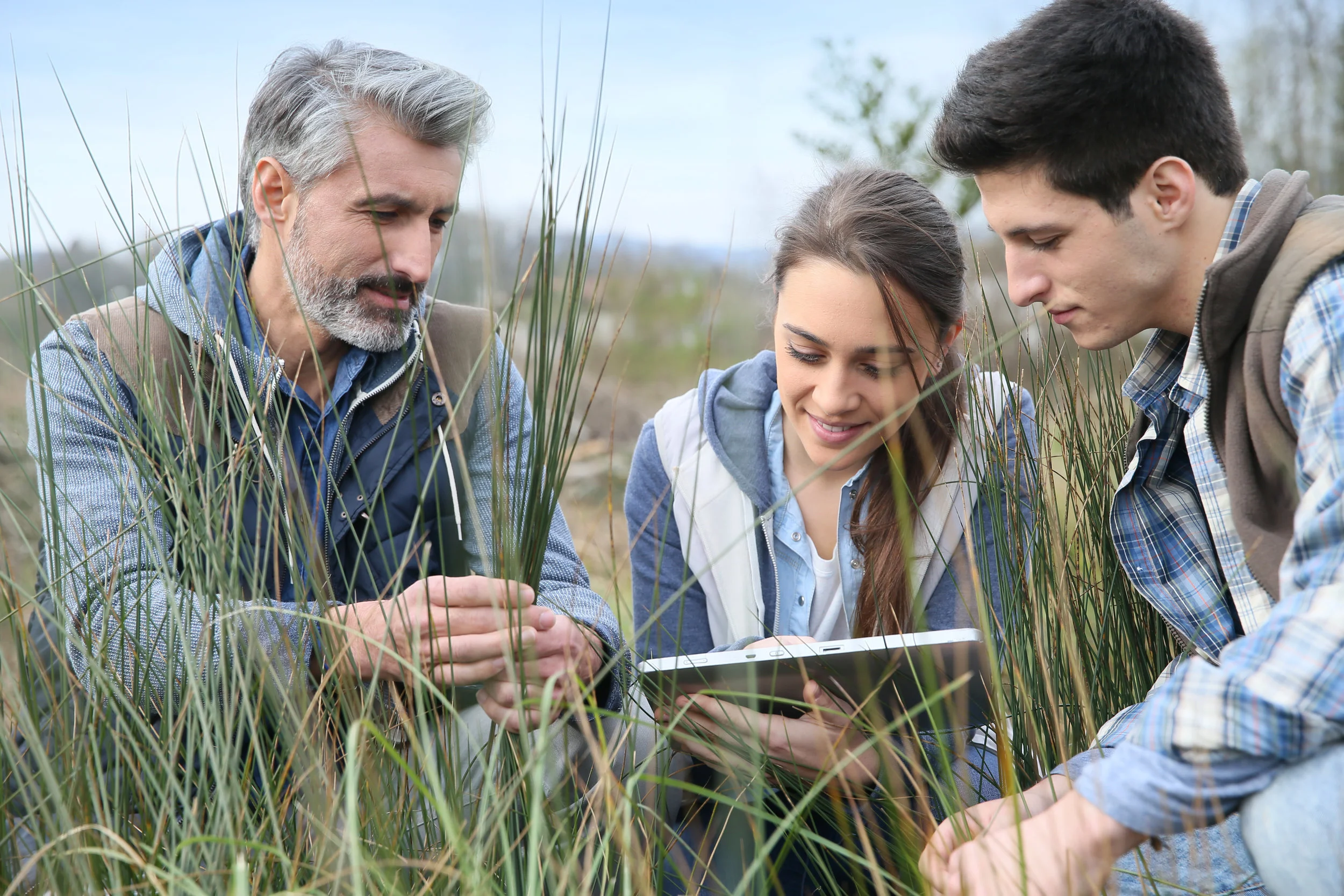Professor Chidi Oguamanam’s reflections in advance of WIPO’s IGC 47.
Read MoreJournal of African Law
Vol. 67, Issue 1 (February 2023)
African Journal of Legal Studies
Vol. 15, Issue 1 (January 2023)
Prior to European contact, Indigenous Peoples of what later became Canada lived in communities with a diversity of political systems, legal traditions, and laws. These Indigenous legal orders guided how First Nations conducted commerce, maintained peace, and negotiated treaties. Recognized by the Supreme Court of Canada, these traditions have become a part of the Canadian legal landscape.
Read MoreProfessor Chidi Oguamanam will be delivering a guest lecture on the bioeconomy and opportunities for Indigenous and local peoples on November 9th.
Read MoreProfessor Chidi Oguamanam has authored a poem in honour of the National Day for Truth and Reconciliation.
Read MoreProfessor Chidi Oguamanam has been named to the University of Ottawa's University Research Chair in Sustainable Bio-Innovation, Indigenous Knowledge Systems and Global Knowledge Governance. Research Chairs represent the University's top researchers and recognize their outstanding and important accomplishments.
Read MoreOn February 14th 2022, Newfoundland and Labrador Premier Andrew Furey announced the signing of term sheets for a $1-billion federal investment and a $1-billion federal loan guarantee for the Muskrat Falls Project. This is the third such guarantee the federal government has backed in respect of the project. It marks the completion of the negotiation process for the deal. Premier Furey labelled the deal “the next step for all of us to emerge from under the dark shadow of Muskrat Falls.”
Read MoreFebruary 28-March 4, 2020: Delegates met virtually and in-person at the World Intellectual Property Organization in Geneva to resume the first round of negotiations for the 2022-23 biennium of the WIPO Intergovernmental Committee on Intellectual Property and Genetic Resources, Traditional Knowledge and Folklore (IGC). The meeting was in continuation of more than two-decades of work, most of which has been dedicated to negotiations of legal instrument(s) for the protection of traditional knowledge (TK) traditional cultural expressions (TCEs) and genetic resources (GR).
Read MoreCanada lacks a comprehensive federal Access and Benefit-Sharing (ABS) system for governing genetic resources and the associated traditional knowledge of Indigenous peoples, despite years of advocacy. While there is currently an interdepartmental committee on ABS at the federal level that collaborates with provincial and territorial jurisdictions and a lot more diverse initiatives related to ABS, little progress has been made.
Read MoreMedical racism against Indigenous peoples is a fact in the Canadian healthcare system. As a direct result of this experience, many Indigenous peoples lack trust in the healthcare system, and they limit their engagement with the system as much as possible. This has caused many detrimental impacts on Indigenous peoples, and the ongoing COVID-19 pandemic has highlighted an area of key concern – vaccine hesitancy within Indigenous peoples.
Read MoreWith the world on edge as the COVID-19 crisis progresses, the scientific community has sprung into gear in search of an effective treatment. R&D is progressing at unprecedented speeds, abridging the projected length for the completion of a vaccine from over a decade to just over a year. Amidst this rapid development, traditional knowledge plays a significant role in scientific endeavours. Through traditional knowledge, medical researchers can gain guidance and inspiration and bypass prolonged and expensive scatter-gun approaches to R&D.
Read MoreThe COVID-19 pandemic is undoubtedly having an effect on the human population around the world, but its impact on the environment, especially in terms of conservation, is less publicized. The Amazon rainforest is the world’s largest rainforest. According to scientists, its preservation is vital to combat global warming. However, illegal logging practices continue to jeopardize the integrity of the rainforest at this time.
Read MoreCIGI Papers
No. 234 (2019)
The WIPO IGC is tasked with the mandate to engage in text-based negotiations for the effective protection of genetic resources (GRs), traditional knowledge (TK), and traditional cultural expressions (TCEs). The need for a special international regime of protection for TK/TCEs is based on many gaps in the global intellectual property and knowledge governance order.
Read MoreIn Genetic Resources, Justice and Reconciliation: Canada and Global Access and Benefit Sharing
Chidi Oguamanam, ed.
(New York: Cambridge University Press, 2019)
In Genetic Resources, Justice and Reconciliation: Canada and Global Access and Benefit Sharing
Chidi Oguamanam, ed.
(New York: Cambridge University Press, 2019)
In Genetic Resources, Justice and Reconciliation: Canada and Global Access and Benefit Sharing
Chidi Oguamanam, ed.
(New York: Cambridge University Press, 2019)
Co-authored w/ Chris Koziol

















